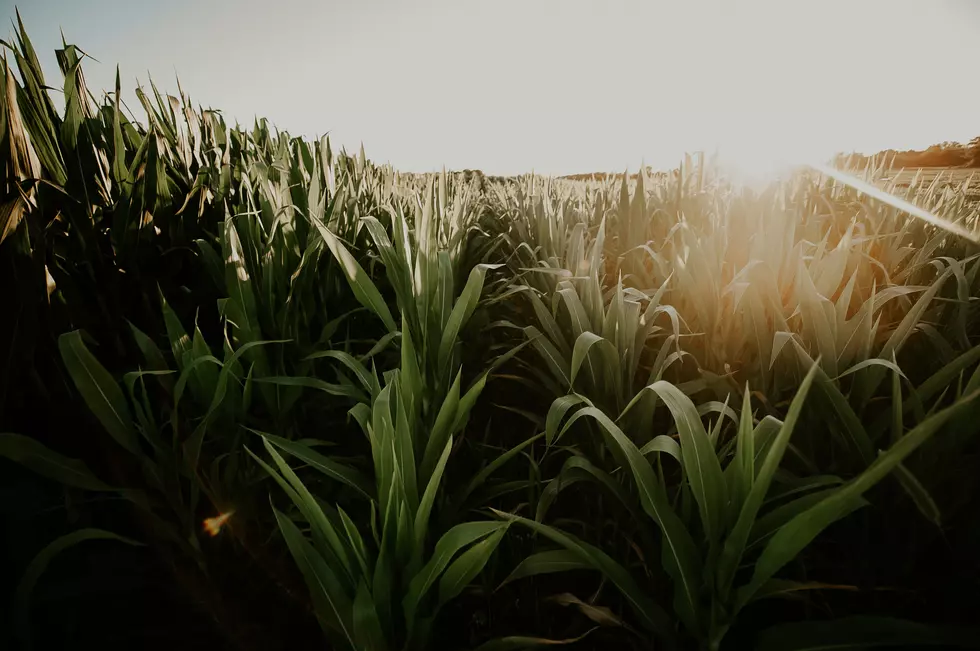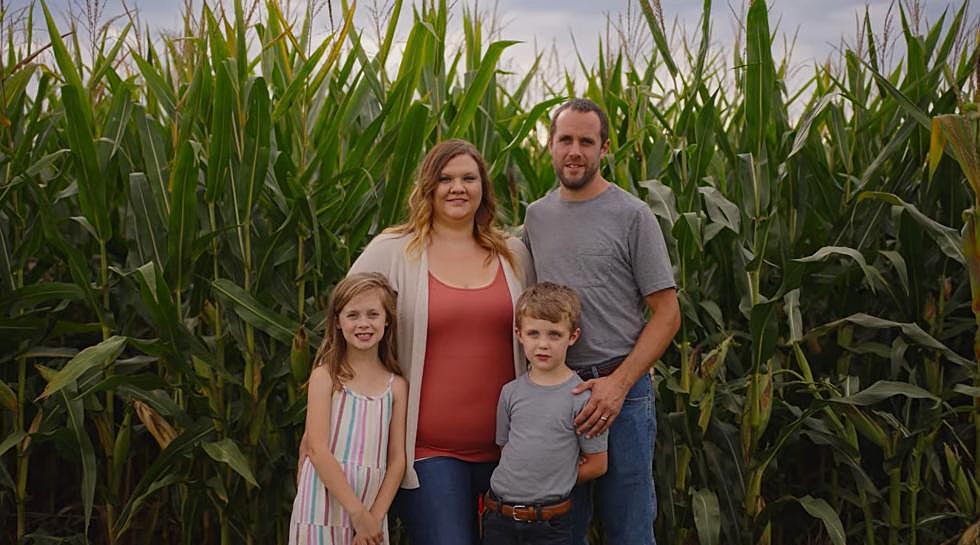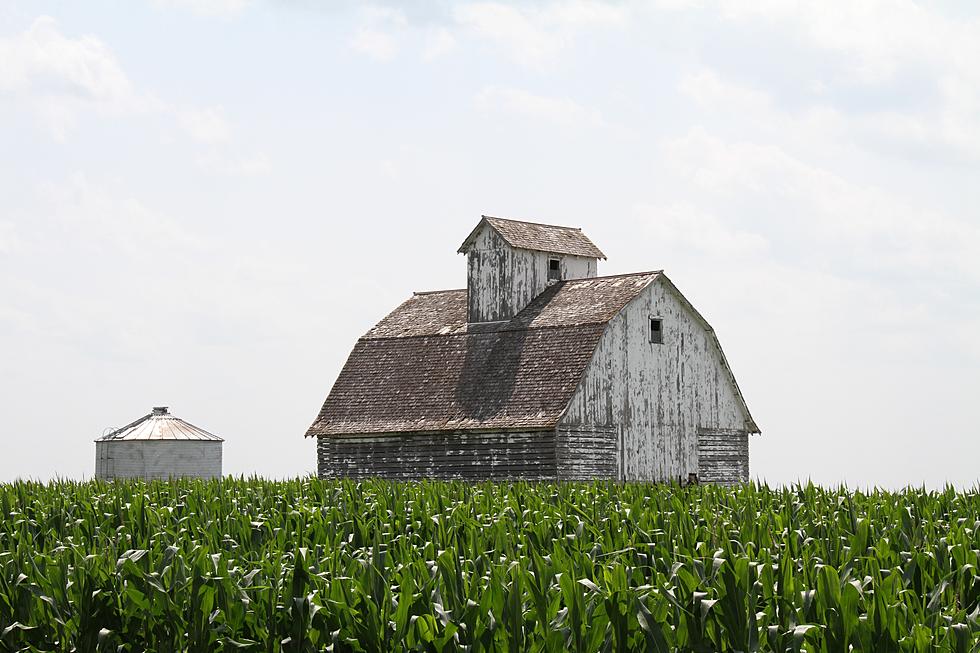
Last Year’s Derecho Still on the Mind of Iowa Farmers
Iowa farmers will soon be returning to their fields to begin another year of planting crops. For many, the massive derecho that blew through the state last August is still top of mind. In a report from Radio Iowa, Iowa State University extension agronomist Mark Licht discussed how the downed corn from the devastating storm left ears and kernels on or near the soils’ surface and some will produce so-called 'volunteer corn.'

When referring to volunteer corn, Licht says
For all practical purposes, we consider them a weed because they are taking water, they’re taking nutrients away from the intended corn or the intended soybean crop
Licht went on to say he believes many farmers who have fields in the derecho-affected areas where corn was planted will be switching to soybeans this planting season because the herbicides that farmers use to kill that unproductive volunteer corn won’t kill the soybeans.
The derecho struck on August 10th in 2020 and was the most damaging thunderstorm in U.S. history, causing more than 13-billion dollars damage, most of it in the state of Iowa.
Here is All The House You Get for $1 Million Dollar in Cedar Falls vs. Los Angeles
OPINION - This Cedar Valley Eyesore Needs To Be Demolished
More From 104-5 KDAT





![Iowa Dairy Farmer Has Huge Following for Videoing Daily Duties [WATCH]](http://townsquare.media/site/675/files/2022/04/attachment-Untitled-design-36.jpg?w=980&q=75)



